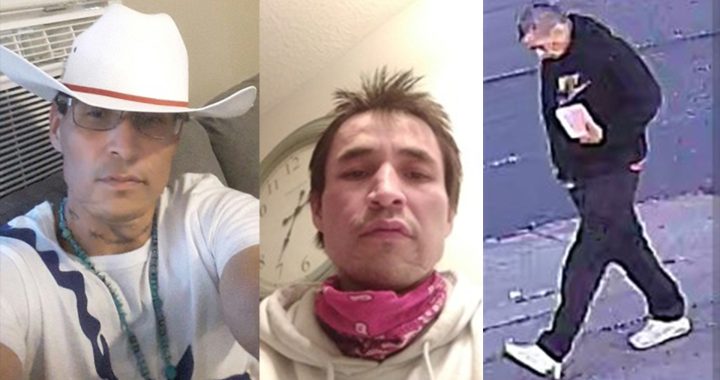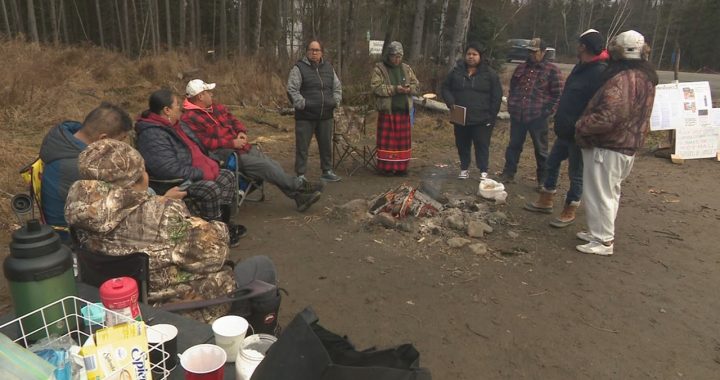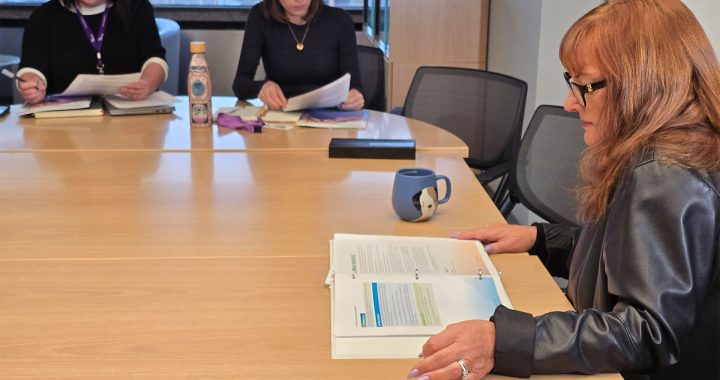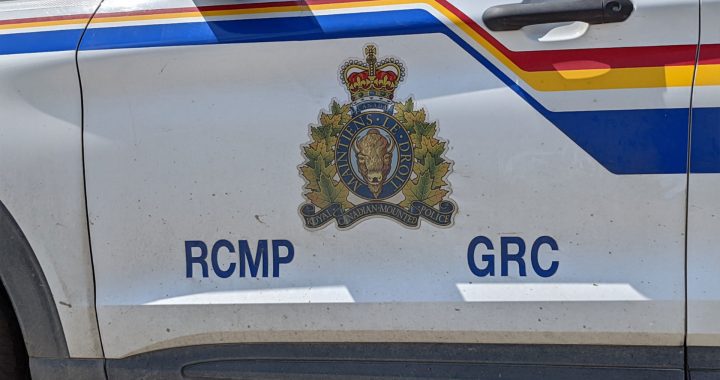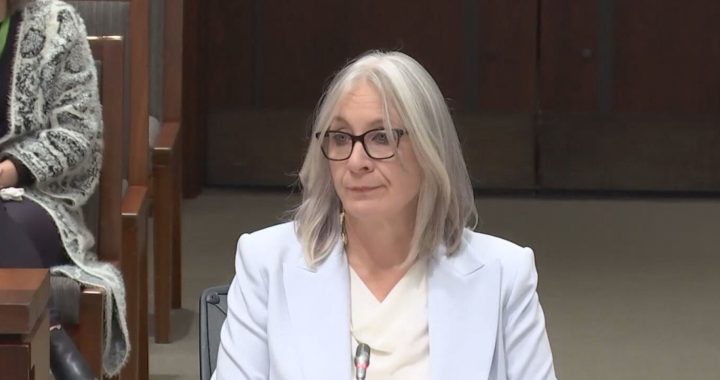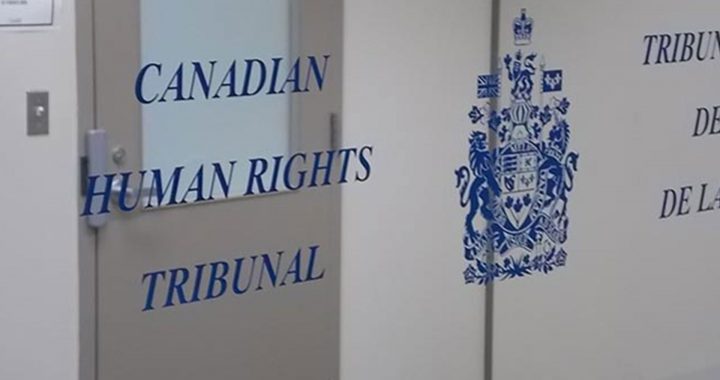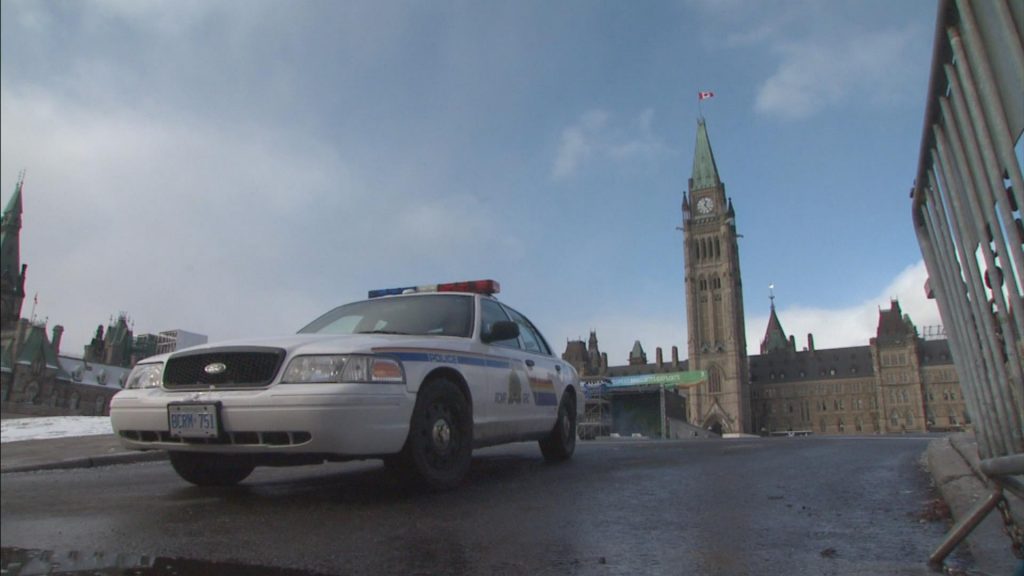
As the Green Party of Canada was calling for a full public inquiry into the RCMP, Indigenous leaders and politicians pushed governments to implement hundreds of recommendations from decades of inquiries that examined policing and Indigenous peoples.
Pressure is mounting on the federal government to address systemic racism and discrimination after several high-profile stories of questionable RCMP tactics.
“We already have a map, we just need this government to follow it,” said Nunavut NDP MP Mumilaaq Qaqqaq in the House of Commons.
“Calls to action and justice from the Truth and Reconciliation Commission, from the Murdered and Missing Indigenous and Women and Girls report, from the Qikiqtani Truth Commission, from Pauktuutit – they are clear and, at least, a start. The ministers know this. I know this. We all know this. Why are we still being forced to wait to see action instead of just empty words?” she asked.
Diversity and Inclusion Minister Bardish Chagger responded that the Liberal government is listening.
“We’re hearing from communities and I agree that a lot of work and a lot conversation has taken place. I make that commitment that we will be focussed on action and outcome,” she said.
Watch Todd Lamirande’s story on the Green Party’s demand:
Earlier, former Green leader Elizabeth May called the RCMP “a racist institution” and called for a public inquiry into Canada’s federal police force.
“Greens understand the vast majority of the officers are highly professional, very dedicated and risk their lives for us,” May told reporters. “So, this is not to say by any stretch that we think that RCMP officers in general are racist. We’re speaking of the institution, the organization, its corporate culture.”
APTN News asked May why she thought the country needs a new inquiry, given the long list of reports that recommend changes to how police, not just the RCMP, enforce Canadian law on Indigenous peoples.
She said these reports deal with isolated incidents and that she would like to see a full examination of all aspects of the RCMP.
“Those reports, I don’t think, were sufficiently comprehensive. We’ve looked at individual incidents, we’ve looked at events in isolation. I think the culture of the RCMP needs to be put under a microscope. The RCMP clearly sees itself as unaccountable,” she said.
“There are more than enough studies. But they take on different aspects of the culture of the RCMP, and I think we need to look right at, squarely, particularly in senior management what kind of organization thinks they can continue to ignore these studies, continue to ignore calls for justice,” May added.
Over a dozen such reports were compiled by a 2019 academic expert report on policing Indigenous peoples.
The list starts with the Donald Marshall Jr. report – a 1989 royal commission into the wrongful conviction of a Mi’kmaw man that made 82 recommendations on how to reform policing and justice in Nova Scotia.
Many recommendations will sound familiar. Recommendations 55 through 60, for example, call on the police to make racial education a mandatory component of cadet training, find ways to recruit and retain minorities, and eradicate stereotyping and racial slurs within the ranks.
Read more on policing in Canada:
Toward Peace, Harmony, and Well-Being: Policing in Indigenous Communities
Royal Commission on the Donald Marshall, Jr., Prosecution
The Report of the Ipperwash Inquiry
The 2019 policing report lists others, including final reports resulting from inquiries into the deaths of Neil Stonechild, Dudley George, Frank Paul, Indigenous people in Thunder Bay, and missing and murdered Indigenous women in Canada.
These and others urge police to adopt hundreds of calls for change discussed in thousands of pages.
Indigenous people continue lobbying for their implementation.
On Wednesday, RoseAnne Archibald, Assembly of First Nations regional chief for Ontario, echoed Qaqqaq’s concerns and called for the immediate implementation of the 2007 Ipperwash inquiry’s final report, which was called after an OPP sniper shot and killed Dudley George during a militarized raid on a peaceful re-occupation of the Ipperwash Provincial Park in Sept. 1995.
“There are many resources in front of us that provide roadmaps and recommendations,” said Archibald in a statement. “I note that 2020 also happens to be the 25th anniversary of the shooting of Dudley George, which led to the Ipperwash inquiry. It pointed us forward with remedies and solution-oriented recommendations.”
The statement said Archibald plans to call Ontario Premier Doug Ford “to ask him to take the long-overdue steps to develop a concrete action plan to implement the Ipperwash Inquiry recommendations. We don’t need more reports or studies. We need action now!”
The Ontario government says “most of the report’s recommendations have been carried out or are in the process of being addressed,” noting that it intends to work on improving First Nations policing and is “exploring options” for creation a provincial treaty commission.
On Monday, Prime Minister Justin Trudeau acknowledged that Ottawa “over the past years and decades received many stacks of recommendations of analyses, of reports on measures that can be taken to better fight against systemic racism, to reduce inequities in our system against racialized Canadians and Indigenous Canadians in particular.”
But he said the issue remains “a question of picking which of those recommendations we should be moving forward with first.”
The prime minister addressed the issue again on Wednesday when he was asked about the sometimes-long time it takes for the RCMP to respond to recommendations from their own watchdog.
He admitted “our systems are not adequate” to respond to concerns from people who want to see a swift end to systemic discrimination.
“We are going to move much quicker on responding to these things, on making changes to our institutions to go after systemic discrimination,” said Trudeau, without specifying exactly what the government plans to do.
APTN also requested a sit-down interview this week with Public Safety Minister Bill Blair, the person in charge of the RCMP, to discuss these topics.
Blair’s press secretary said they could not accommodate it.
APTN has also put multiple requests in for an interview with RCMP Commissioner Brenda Lucki. She has not made herself available.




